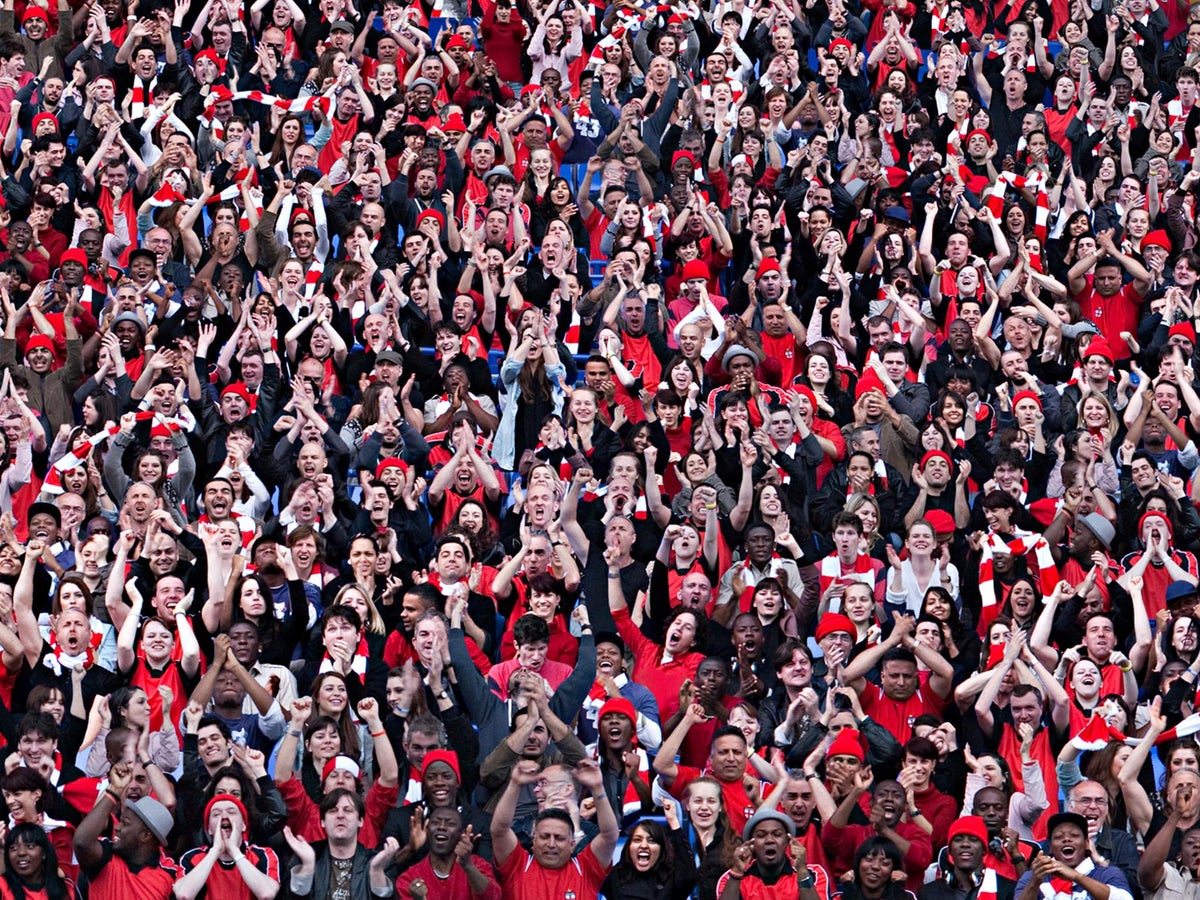Since the debacle of the European Super League (ESL), football fans of England’s ‘top six’ (Manchester United, Manchester City, Liverpool, Arsenal, Chelsea and Tottenham Hotspur) have questioned how their club is being run. The ESL process was an act of betrayal from the owners and undermined the importance of their supporters. Fan protests in the week that followed the ESL announcement were successful in bringing about change. Having realised this power, supporters’ groups were buoyant in challenging their unaccountable owners, who were behind one of the biggest scandals seen in world football.
On Sunday 2 May, the desire of these fans to bring about change was epitomised by fans of Manchester United, who gathered in their thousands to protest against their American owners, the Glazer family – a group that United fans have tried to evict for many years. Calm protesting soon led fans to break into their stadium, Old Trafford, ahead of the team’s fixture against Liverpool, which was later postponed. It marked the continuation of the argument – football is nothing without fans. Similarly, for followers of Arsenal and Liverpool, the ESL was just a new reason to call for more fan representation at board level, with many looking to the Fifty plus One rule, as seen in German football, for inspiration.
The Fifty plus One rule was introduced to the German top-flight in the 1990s to formalise the original members association that was, up until then, the backbone of most clubs. Much like the ‘socio’ system in place at Real Madrid and FC Barcelona, German clubs agreed to this rule as it prevented any investor from purchasing a majority share of the club, which ensured that members (usually through a supporters’ trust) retained shares and voting powers. This assures fans that they could continue to elect board members and directors of football. If a club were to disobey this rule, they would not be able to partake in the Bundesliga. However, some teams have found legal loopholes to increase the power of one investing entity, such as RB Leipzig and the role played by Red Bull in their ownership.
This model established a seat at the table for fans across Germany to affect the decisions made by their clubs, something that provides an attractive alternative for football fans in the UK. A Premier League without the fat cats of today can only be achieved with the restructuring of all clubs, more efficient business models and government backing to help fans and supporters’ groups in gathering funds together to reclaim their clubs. There is plenty to do, but changes to how football clubs are run look destined to change. At Arsenal, there is talk of Spotify owner Daniel Ek trying to purchase the London club and distribute power at board level to the fans. If achieved, it will be the first step towards more fan ownership in England’s top-flight.
Featured image: The Independent

